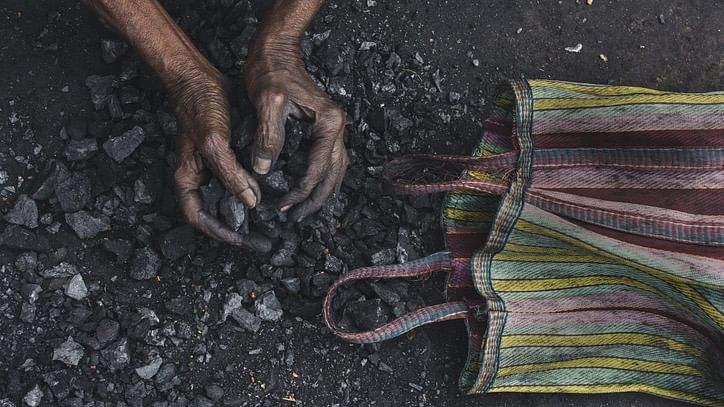Coal India To Import Fuel After 7 Years Amid Fear of Shortages: Report
The letter was addressed to all utilities, top central and state energy officials.
Coal India is set to open what is expected to become one of India’s largest coal mines at a time where the country is struggling to keep up with the increasing demand for power.
(Photo: iStock)

State-run mining corporation Coal India will import fuel for the first time since 2015, a Power Ministry letter accessed by Reuters indicated on Saturday, 28 May.
Coal India will import the fuel for utilities amid looming fear of shortages, after India witnessed widespread power cuts last month.
"Coal India would import coal for blending on government-to-government (G2G) basis and supply ... to thermal power plants of state generators and independent power producers (IPPs)," the Power Ministry letter read, Reuters reported.
The letter was addressed to all utilities, top central and state energy officials, including the coal secretary and the chairman of Coal India Limited.
The decision reportedly came after nearly all states advocated against state tenders and sought central procurement of the fuel, noting it would lead to lesser confusion.
India is likely to witness more power shortages come September as a worsening dearth of coal supply and higher power demand are expected, the report further said, based on an internal power ministry presentation.
As per the report, the local coal supply is expected to be 154.7 million tonnes in the September quarter, which is 42.5 million tonnes short of the projected requirement of 197.3 million tonnes.
(With inputs from Reuters.)
(At The Quint, we are answerable only to our audience. Play an active role in shaping our journalism by becoming a member. Because the truth is worth it.)